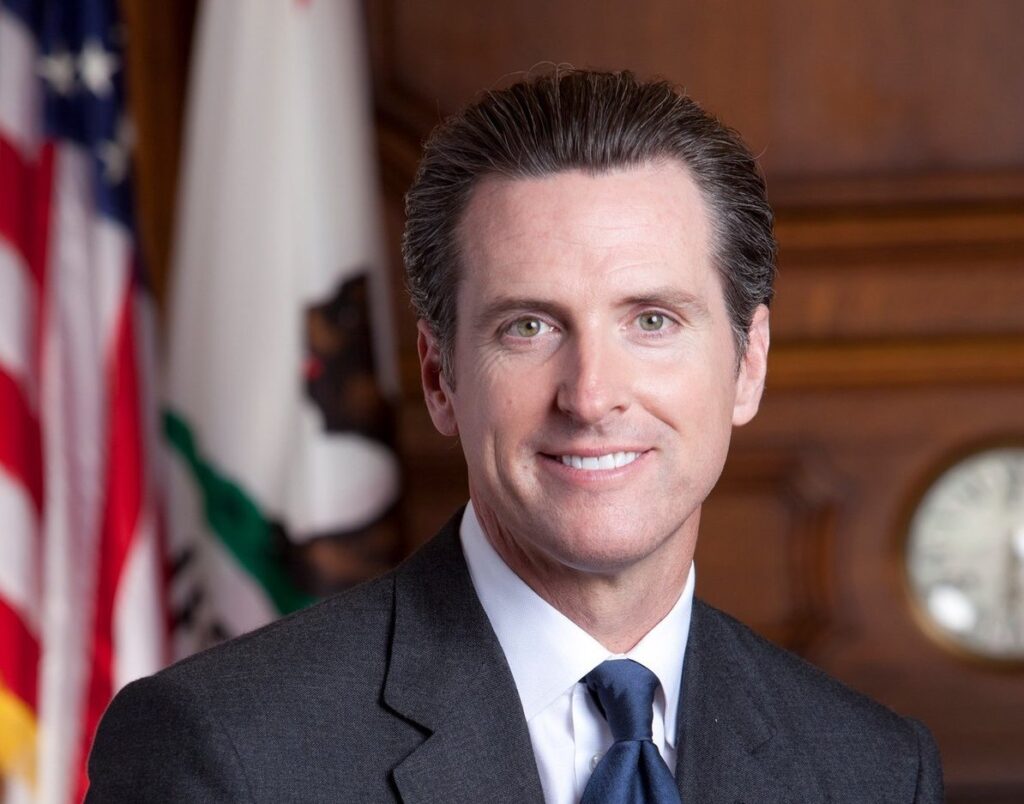
By Pamela Cruz. Peninsula 360 Press [P360P].
Governor Gavin Newsom granted pardons to two California tribal members, the Koi Nation of Northern California and the Resighini Rancheria, after recognizing the recipients' efforts and successes in post-conviction rehabilitation, as well as their extraordinary service to their communities.
The first pardon was for Robert Morgan, a member of the Koi Nation of Northern California and a resident of the state, who applied for it after he was convicted in California Superior Court, Sonoma County, on August 3, 2006, of assault with a deadly weapon.
Morgan beat two victims during a fight at a party. He was sentenced to three years probation and 91 days in jail.
Thus, Mr. Morgan submitted a formal application for executive clemency in the form of a "gubernatorial pardon," and after providing evidence that he has led an upright life and has demonstrated his fitness for reinstatement of civic rights and responsibilities, the application was granted.
"This act of clemency for Mr. Morgan does not minimize or condone his conduct or the harm he caused. It recognizes the work he has done since then to transform himself. Under the laws of this state, it is appropriate for me, as Governor of the State of California, to attest that, upon completion of his sentence and his good conduct in the community, Mr. Morgan is deserving of this pardon," states the document approving the pardon.
The second pardon went to Frank Spa-ghe Dowd, a member and elected leader of Resighini Rancheria and resident of California.
On March 15, 2002, Mr. Dowd was convicted in the Superior Court of California, Del Norte County, of assault with a deadly weapon by striking his victim with a bat during a fight at a party, for which he was sentenced to five months probation and 270 days in jail.
These pardons coincide with Native American Heritage Month, which honors the vitality and resilience of Native American culture.
The California Constitution allows the governor to grant executive clemency in the form of a pardon, pardon, commutation or pardon.
The governor saw this right as an important part of the criminal justice system that can incentivize accountability and rehabilitation, as well as enhance public safety by removing counterproductive barriers to successful re-entry.
"A pardon can remove counterproductive barriers to employment and public service and restore civic rights and responsibilities. A pardon does not erase or pardon a conviction," the governor's office said in a statement.
He also stressed that pardons recognize a person's efforts at self-development after his or her crime and his or her efforts to repair the harm.
He detailed that the Governor carefully reviews each pardon application and considers a number of factors, including the applicant's personal development and conduct since the crime, the applicant's remorse and efforts to make amends, whether the grant is consistent with public safety and in the interests of justice, and the impact of a grant on the community, including victims and survivors of crime.
During his tenure as governor, Newsom has granted a total of 88 pardons, 91 commutations and 29 pardons.
You may be interested in: Equality, a right denied to Native Americans: Biden


